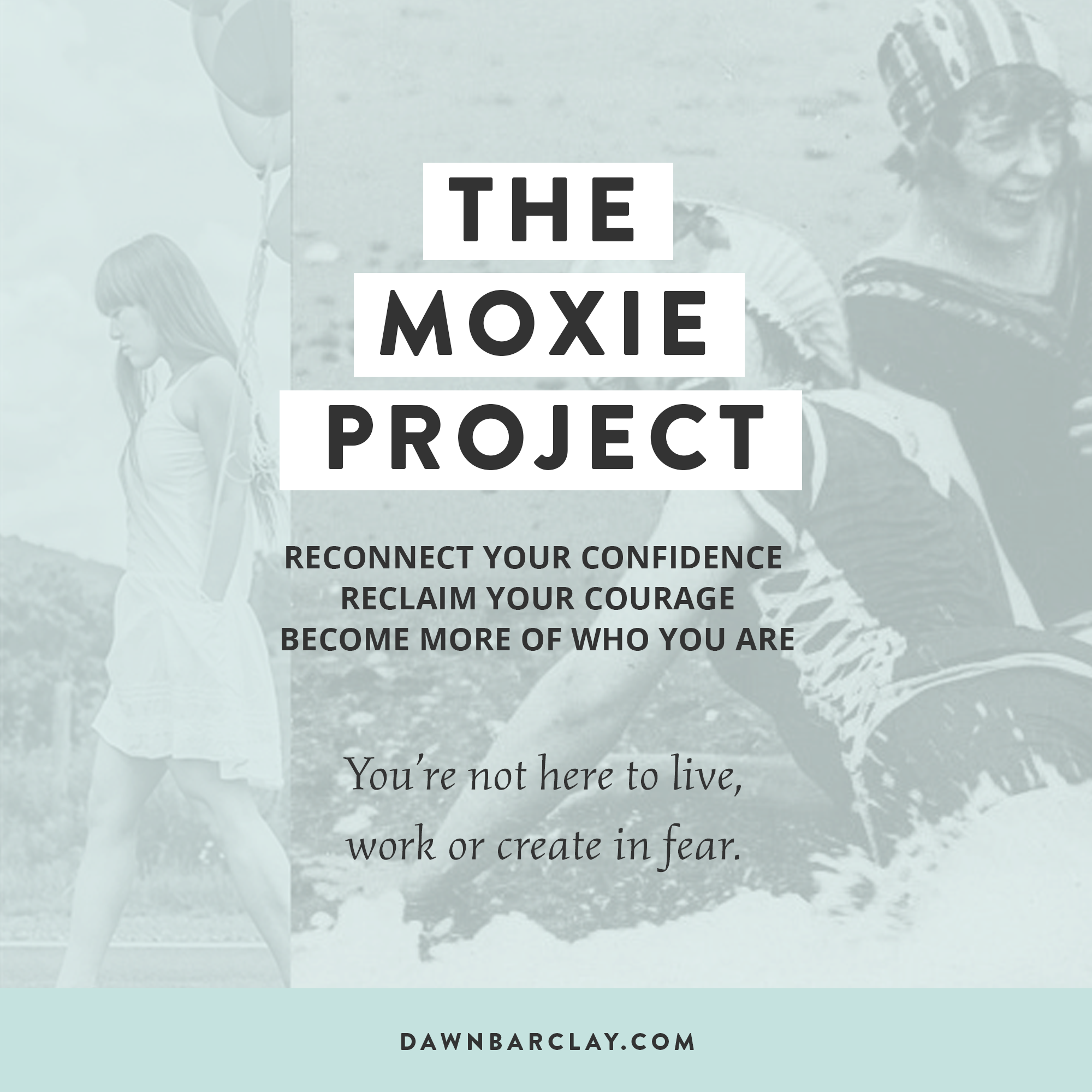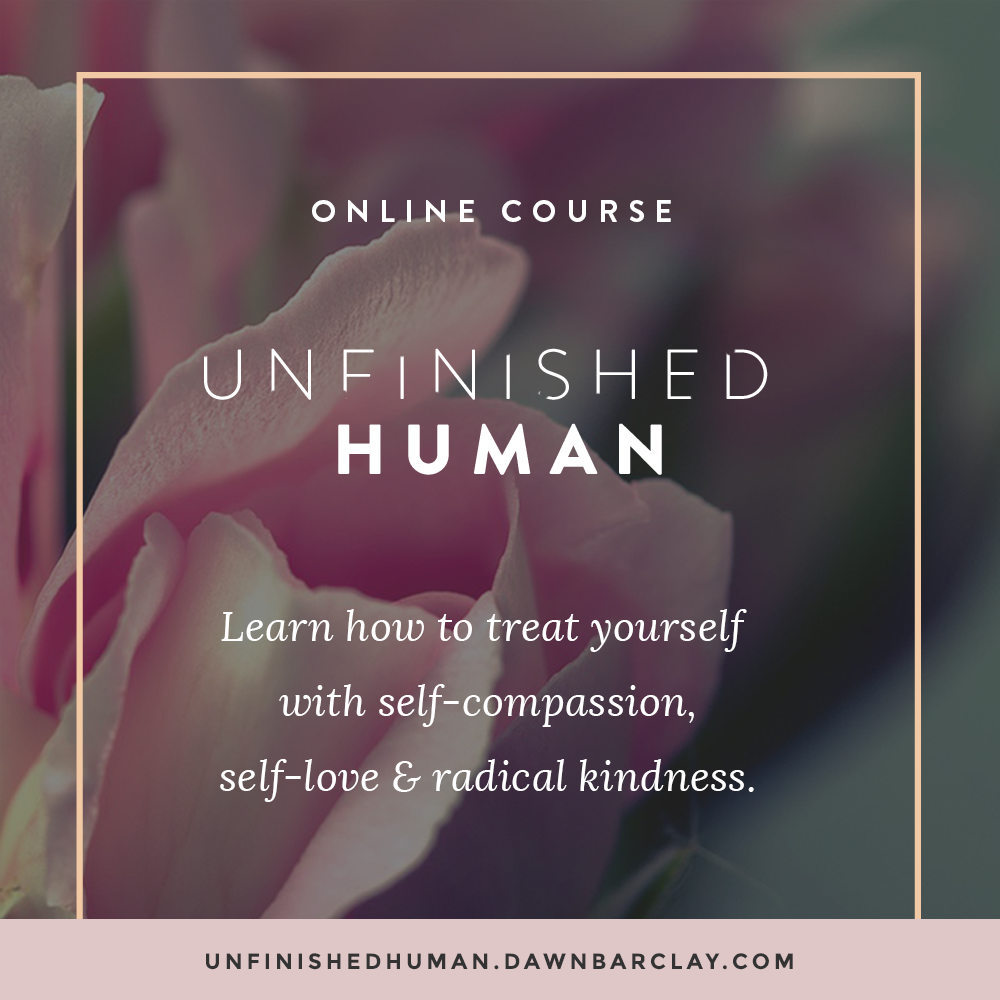Okay, no coachy-trainery-personal-developmentie-person would be worth her salt unless she spoke about comfort zones.
Many peeps say you must step out your comfort zones in order to grow, I agree, however, I believe just telling people 'to step' isn't exactly the most helpful piece of advice. Most truthful, but not helpful.
The phrase 'comfort zone' didn't exist until 1923 when it was thought up by two heating engineers (FC Houghton and CP Yaglou), they worked on the Effective Temperature Scale: the temperature range at which the naked human body is able to maintain a heat balance without shivering or sweating.
As a metaphor, it's pretty awesome
And there we go ... it's a metaphor. That's all.
If you choose to step into any area that is unknown to you, and, 'scuse me, is (at first) scary and frightening - you need time to regulate into the new way.
A lot of people don't consider the regulation part. The miss the point when it comes to comfort zones entirely.
In my opinion, it's the regulation that is the most important learning about comfort zones.
Not the 'your life isn't great if you live in this wee circle' stuff.
Regulation:
1. To control or direct according to rule, principle, or law.
2. To adjust to a particular specification or requirement: regulate temperature.
3. To adjust (a mechanism) for accurate and proper functioning.
4. To put or maintain in order.
How you see your confidence levels (based on your beliefs) are defining (in part) your own zones of comfort.
You currently have a dominant picture in your head of what your confidence is like for you whenever you step away from that zone, where you don't feel in complete control your regulator kicks in (your brain).
You already know what it feels like when you are regulating, on some occasions (when you feel you don't have the confidence) you will be provided by feedback in a physical and psychological form.
Here's what I mean ...
If you feel out of control you may experience physical feedback: sweats, shakes, 'butterflies' in the tummy, weak knees, dry mouth for example. Psychologically you may be flooded with thoughts about how you 'can't do this', ' this is too much', 'this isn't me', 'I'm scared', and so on.
Your brain has a primary role which is to survive, it (you) will do everything in your power to go back to where you are comfortable. This is normal behaviour. Your brain is only doing what it was built to do.
Here's the bad news:
Stepping away from a current picture of who you think you are can cause anxiety and stress.
Here's the good news:
You don't have to step all at once. You can use that wonderful brain of yours to prepare the way. You can keep taking small steps, regulate, then take another.
Inside and Out
When I work with solo business owners many of them want to put themselves out there more in their work. Some of them hold back not wanting to show who they really are .
There's also individuals wishing to change careers. They know they are unhappy, however, they may be scared to move roles or consider other options because they have a comfort zone regarding money.
Usually they are scared that a shift would mean a decrease in salary, but some even are living in a comfort zone because they believe (self-image) that they aren't worthy of a wage increase.
These little comfort zones we all have come up every day. Whenever you feel anxious, fear, threat, unsafe you can bet there is a belief in there.
Feeling out of place
You have pictures, thoughts, and beliefs of who you think you.
We've already spoken about that in Lesson 1 - remember the pictures you have in your head may not be the actual truth, they are only the truth as you believe it to be.
The natural (although not always beneficial) response to feeling stress and anxiety when you are out your zones is to 'get back to where you currently think you belong'.
However there is another way, and it's this way that we're going to focus on:
- Adjust the pictures of who you think you are.
- Take deliberate action to stretch your comfort zones.
- To safely push against the dominant thoughts and install new ones.
- To dissect beliefs when you feel scared and anxious
Do you know your current zones?
Today's exercise is pretty simple, you are going to identify where your current comfort zones are (the ones that are preventing you from personal growth) and then you're going to begin the process of regulation and courage.
You don't need a worksheet for this.
Just think about this, where are you holding yourself back?
Stepping Into Your Courage, Let's Recap:
- We act in accordance to our truth as we perceive it to be.
- We have a picture of 'who we are' (your self-image), accurate or not.
- We move towards the dominant picture of who we are and what we think about most.
Courage, like confidence, is already within you, it may be sleeping but it's there.
Courage, like confidence, is something that is never taught, it is lived, felt and it is experienced.
Confidence is like a muscle the more you build it, the stronger it gets. The same with courage.
Courage, self-esteem, self-image, confidence are built (or destroyed) by the beliefs you hold about you.
How do you step into your courage?
- "Courage is being scared to death -- and saddling up anyway"
- By creating a solid foundation (beliefs, attitudes and habits).
- Plant the seeds and then grow your courage.
- Sneak a peek at life beyond your comfort zone and be curious to cross the line.
- Small acts of bravery, moxie, bold and courage.
- Keep the muscles of confidence and courage in good shape.
- Be courageous and be considerate and compassion.
What shall we start with?
That depends. On you. And where you want to step.
Download the Comfort Zone Reflective Questions in PDF ( and click here for Word)
Your courage is here, it will show itself to you when you are ready and willing to be you.
When you know that you don't have to - be like them, prove yourself to anyone, cover up your truth, and you can remove yourself from the expectations that others place upon you and when you step into your own heart - there you will find your courage.
Ask, seek and your courage will rise.
Courage allows you to find your own voice, to take risks and you will probably find it in the smallest of places and events.
Ask. Seek. Desire. You have forgotten that each day you have the potential and capability to create small acts of courage.
- Where will you plant seeds of courage today?
- What has been your most courageous moment so far? Can you repeat the energy?
- Where is your edge?
- Where have you required courage in the past? In past adversity what skills did you develop and can use today?
- Refuse to hide behind the mask that veils your true self.
- What are courageous qualities? Do you recognise them in yourself?
- Keep blame out.
- What are you really scared of?
- Do I have people in my life who are positive and display courageousness?
- Where am I my biggest saboteur?
- What am I prepared to let go off today because it no longer serves me?
- How can I take steps of courage one day at a time?
- Am I being the person I know I can be?
- How will I love myself today, a little bit more than yesterday?
- Am I prepared to throw away old beliefs and negative thought patterns?
Your Thoughts...
If you have any questions about today, please feel free to email (just reply to one of the emails I have already sent you, and I (me alone) will pick it up.
Speak soon, Dawn xo
Notes for Today
I take action every day to stretch my comfort zone: new places, new things, new people, new experiences.
Each time I step outside my comfort zone it becomes easier to do it again.
Have you landed here by accident? This is day 4 of a Confidence Course. If you would like to find out more and take part please click here.

